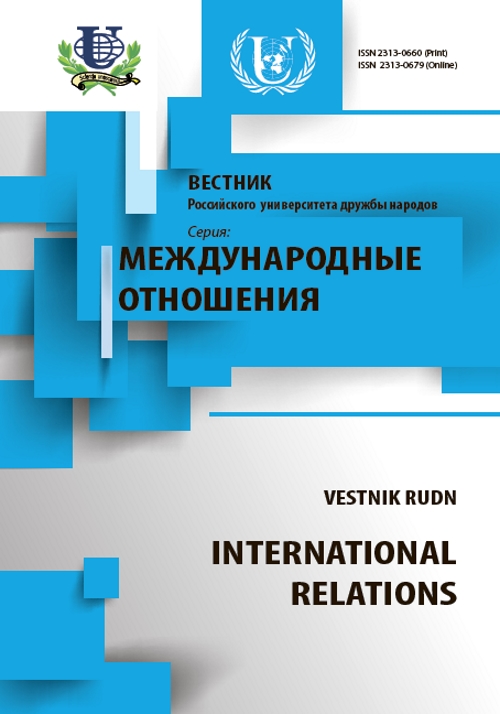Латинская Америка на мировой геополитической карте
- Авторы: Яковлев П.П.1
-
Учреждения:
- Институт Латинской Америки РАН
- Выпуск: Том 15, № 4 (2015): Латинская Америка в XXI в.: вызовы и перспективы
- Страницы: 20-28
- Раздел: СТАТЬИ
- URL: https://journals.rudn.ru/international-relations/article/view/10493
- ID: 10493
Цитировать
Полный текст
Аннотация
В статье показано, что за последние полтора десятилетия произошли значимые изменения в международном положении Латинской Америки, затронувшие все основные направления внешних связей стран региона. Продвинулось вперед взаимодействие между самими латиноамериканскими государствами, что нашло отражение в формировании и развитии новых структур: УНАСУР, АЛБА, СЕЛАК, Тихоокеанского Альянса. В регионе резко расширилось присутствие Китая, что проявилось в росте торгового оборота и китайских инвестиций, так и переходе от двустороннего уровня взаимодействия к многостороннему формату. На более высокий уровень поднялось сотрудничество стран Латинской Америки с Россией, что проявилось в расширении торгово-экономических связей и налаживании сотрудничества отдельных латиноамериканских интеграционных группировок с ЕАЭС. Новыми моментами характеризуются отношения с США, что наглядно проявилось в американо-кубинских отношениях. Страны Латинской Америки активизировали диалог с Европейским Союзом. Все эти факторы в совокупности расширяют диапазон внешних связей латиноамериканских и карибских стран и меняют роль Латинской Америки в системе глобальных связей.
Ключевые слова
Об авторах
Петр Павлович Яковлев
Институт Латинской Америки РАН
Email: petrp.yakovlev@yandex.ru
Центр иберийских исследований; Кафедра внешнеэкономической деятельности Российский экономический университет им. Г.В. Плеханова Стремянный пер., 36, Москва, Россия, 117997
Список литературы
Дополнительные файлы










